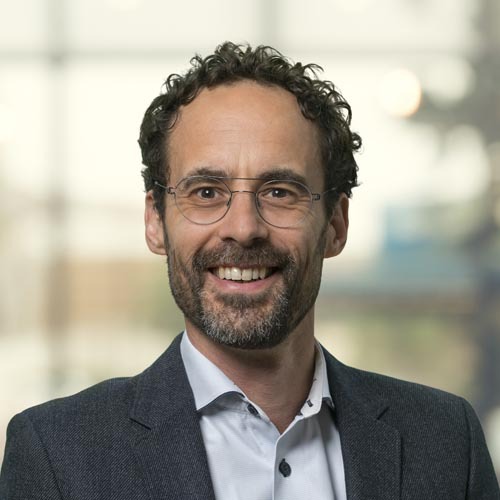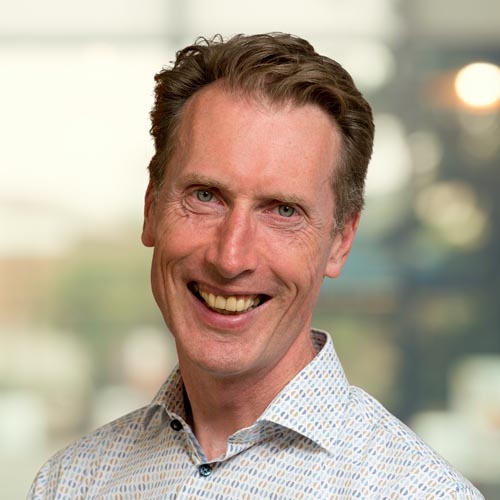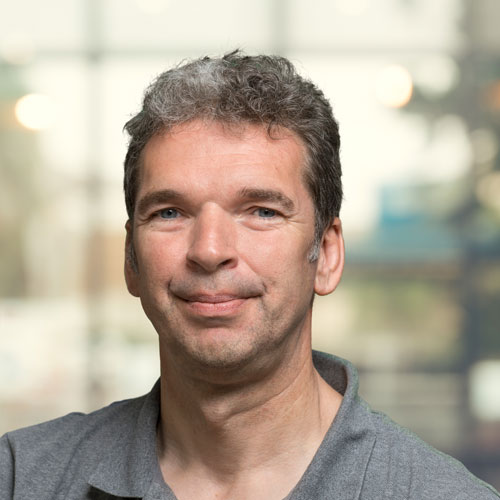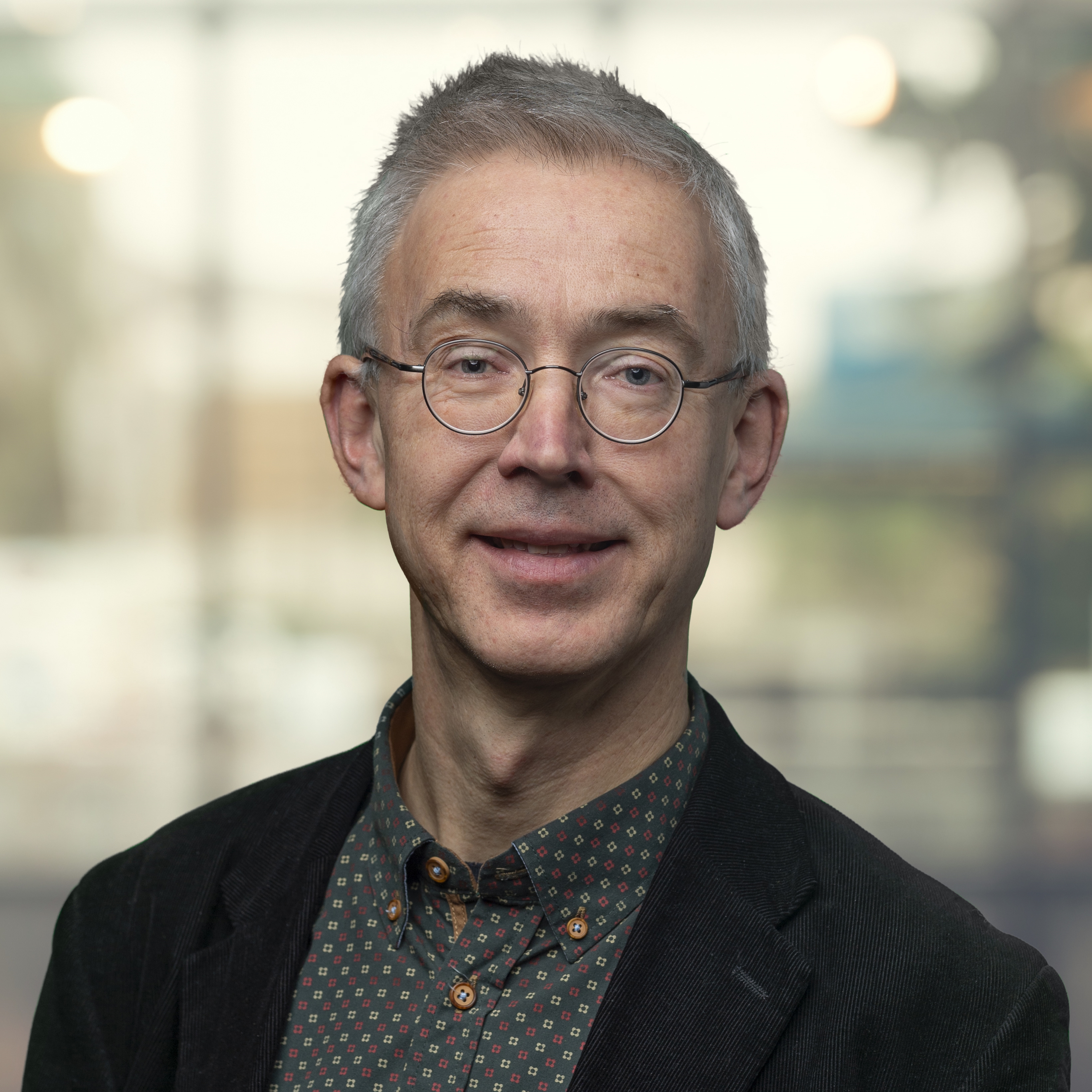
System transition: towards a CO2-free energy system
The energy transition is a complex social challenge. It involves much more than technological solutions alone. After all, the economic consequences and social aspects play at least as important a role. Consequently, we research and advise on how to switch to a CO2-free energy system in an equitable way.
Recent study reveals boundaries of potential
Read the white paper ‘Scenarios for a climate-neutral energy system for the Netherlands’.
The success of the transition to a sustainable energy supply depends on the support base in society. For the energy transition to be a success, the government, business communities and the general public must all be involved. Not just the frontrunners. For this reason, we focus on different target groups in different ways.
Predicting the success of plans
In our research, we look at the role of industry, businesses and the general public. By using our findings, the central government and provincial and municipal authorities can choose the right course of action to make the transition to a sustainable energy system become a reality. And to accelerate the energy transition. Many analyses assume that people make rational decisions driven by low costs. Yet people's behaviour regarding choice turns out to be much more complex. By examining the factors that play a role in making decisions about sustainable energy, it is easier to predict which plans or measures will have an effect.
Gridmaster project
In the Gridmaster project we, together with partners, are developing a new methodology for beneficial and future-proof investment decisions for energy infrastructure in the port of Rotterdam.
Detailing future scenarios
In scenario and system studies, we outline important developments and offer scientifically validated insights. In so doing, we stimulate thinking about the energy transition and facilitate debate. These are not blueprints but explorations.
Economic future visions 'beyond growth'
TNO investigated eleven alternative economic future visions (pdf) that play a role in the international ‘beyond growth’ debate, such as ‘green growth’, ‘degrowth’, and ‘broad prosperity’, and their impact on the Netherlands. The study concludes that these concepts contain innovative ideas, but the future visions and the paths to achieve them are not yet fully clear. We recommend further investigation into the potential impact of these concepts.
How do we successfully implement social agreements?
In the report 'Polderklimaat in uitvoering' (Polder Climate in Implementation), we examine how broad societal agreements, such as the Climate Agreement, are implemented after inception. We also offer four policy recommendations for effective implementation governance.
Identifying drivers and objections
Many municipalities are formulating plans to make their neighbourhoods gas-free in the near future. Based partly on interviews with residents and civil servants in the municipalities of Purmerend and Zwijndrecht, we conducted an analysis of what enthuses or discourages residents. This showed, among other things, that providing clarity on the chosen approach, including the financial consequences, taking concerns off their hands and personal attention are decisive for the success of making homes gas-free.
Understanding the entire energy system and sharing knowledge
Within TNO, technologists, behavioural scientists and energy experts work together to make neighbourhoods gas-free in a way that is acceptable to all. Drawing on their in-depth knowledge, they understand the entire energy system. This enables them to look at other energy sources available in a neighbourhood. By sharing the knowledge acquired in a municipality or neighbourhood, other parties can learn from the successes achieved or mistakes made.
Netherlands independent from Russian gas
Europe is looking for ways to reduce its dependence on Russian gas. For the EZK (Economic Affairs and Climate) committee of the Dutch Parliament, we prepared an overview (pdf) of the options available to the Netherlands. The sum of possible measures offers enough scope to compensate for the share of Russian gas.
All existing homes to be gas-free by 2050
In the report ‘All existing homes to be gas-free by 2050: who must do what, when and how?’, we provide concrete guidelines for the parties involved. Including new business models and the required laws and regulations.
Monitoring energy transition in the built environment
Commissioned by the RVO, our energy experts annually analyse the measures taken regarding energy consumption in residential and non-residential buildings The Monitor provides an overview of the state of affairs. The trends since 2010 have been highlighted. And the figures show where there are opportunities for accelerating the energy transition. You can view the reports and the underlying database on the RVO website.
Informing entrepreneurs about new market opportunities
Commissioned by TKI Urban Energy and the RVO, together with DNV GL, we have developed the roadmap Flexibility in the built environment (pdf) (in Dutch). This guide is intended for entrepreneurs wishing to seize and respond to new market opportunities brought about by the energy transition. These include developers of smart energy services (software and hardware), suppliers of heat pumps and charging infrastructure, installers, and energy companies.
Energy.nl the platform for energy professionals
Energy.nl was established by TNO in 2019 with the aim of creating a single platform for sharing independent research, data, and tools on the energy transition. The information is summarized in clear language, with references to the underlying publications for those seeking more in-depth knowledge. The goal is to provide a platform for everyone professionally involved in the energy transition.
Get inspired
Living without gas: drivers and barriers


Sustainable business parks




